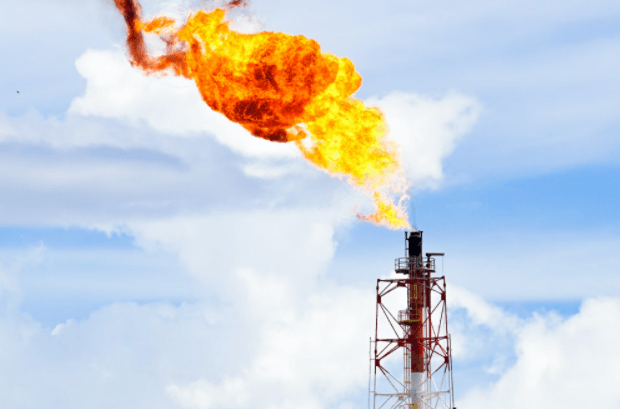Policymakers and producers should prioritize reducing natural gas flaring and methane leakage along the energy supply chain, recommended the United Nations Conference on Trade and Development (UNCTAD).
From their perspective, combating energy waste by stopping non-emergency flaring, reducing leakage and using only existing infrastructure would be a quicker reaction to the current crisis than increasing new exploration and production, while remaining faithful to achieving short- and long-term climate-related goals.
Much of the gas wasted worldwide should be accessible, as more than half is flared within 20 km of existing pipelines.
The International Energy Agency (EIA) and the World Bank (WB) have set out pathways to end most flaring and leakage by 2030.
At current energy prices, combating flaring and leakage would be cost-effective, earning $90 billion in gas revenues in all regions, according to UNCTAD.
However, given the volatility of energy prices, this revenue increase cannot be guaranteed, as the necessary infrastructure is still under development.
Moreover, capturing waste in a cost-effective manner is difficult for small-scale operations, which account for 40% of global flaring, given the opportunity cost of committing human capital and physical infrastructure to solve this problem.
Natural gas flaring
Governments can incentivize producers, especially smaller operations, to use flared gas and methane productively.
For example, some governments tax flared gas or leaked methane, to persuade producers to use these wastes instead; another option is to limit producers’ energy production when they exceed a certain amount of flaring or fugitive flaring.
Major importing markets have also contributed by demanding stricter rules against flaring and leakage between source countries and producers.
However, UNCTAD notes that these measures may restrict energy production or make it more expensive at a time when more supply is needed.
Many governments have combated flaring and leakage by using positive economic incentives to reward producers for efficiency.
In some countries where the government owns the underlying rights to fossil fuels in its territory and receives royalty payments from producers, energy authorities have granted royalty exemptions for gas that would otherwise be flared or leaked, so that producers earn more for reducing waste.
Others have allowed the cost of anti-flaring and leakage equipment to be deducted from profits, allowing producers to pay less tax.
In addition to producer incentives, countries can develop energy networks to create local markets for recovered gas to be sold closer to production sites rather than flared.
![]()

